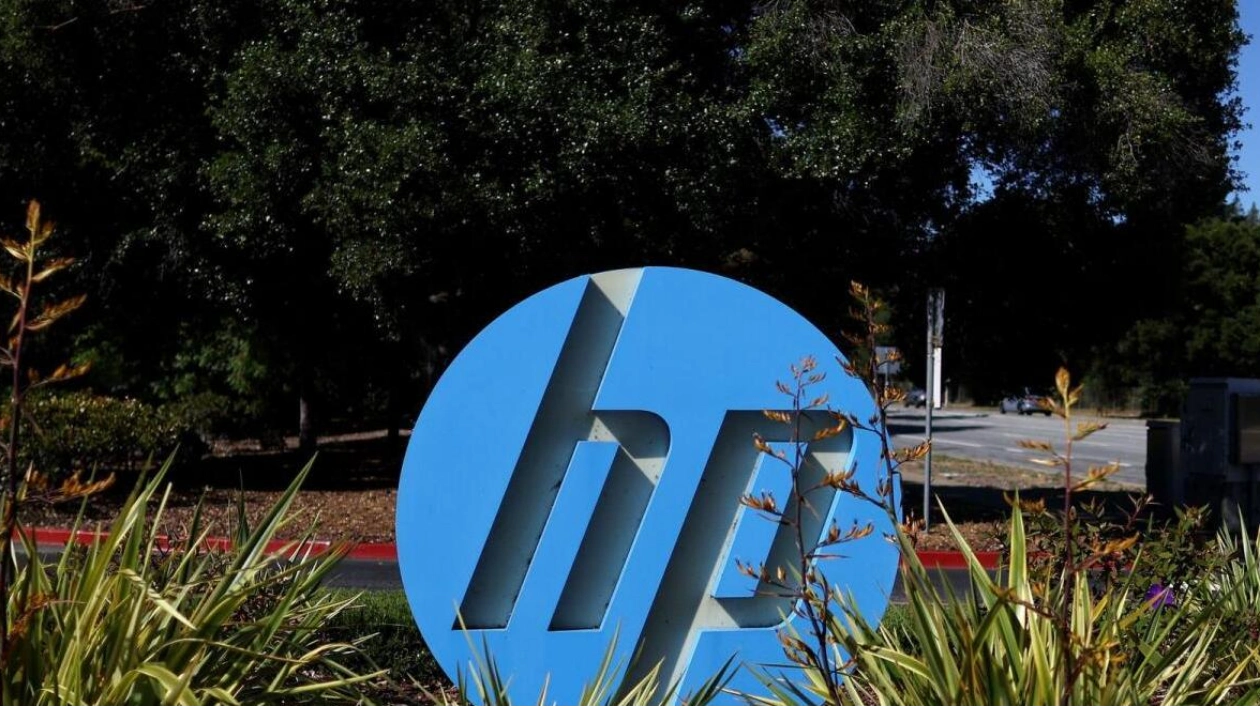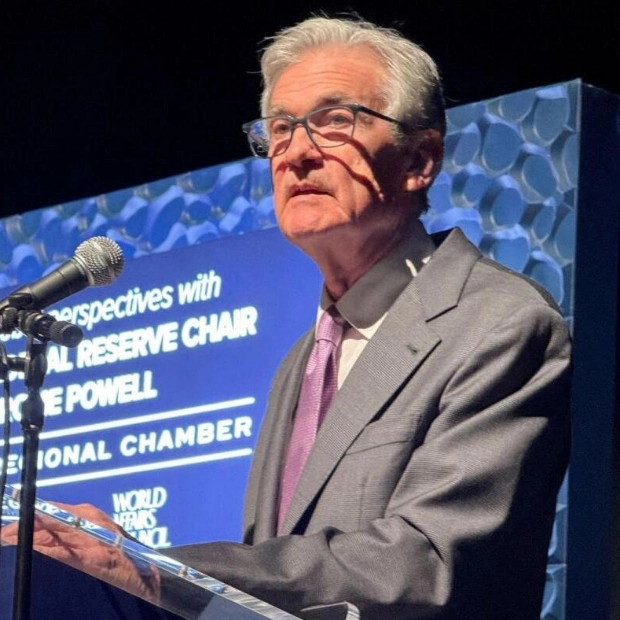The U.S. Commerce Department announced on Tuesday that it intends to grant HP $50 million to aid in the expansion and modernization of a current facility in Oregon, which will enhance critical semiconductor technologies.
This funding is intended to bolster technologies that support life sciences instrumentation and hardware utilized in artificial intelligence applications and other initiatives, according to the department. In August 2022, Congress approved a $39 billion subsidy program for U.S. semiconductor manufacturing and related components, alongside $75 billion in government lending authority and a 25% investment tax credit estimated at $24 billion.
The funding will build on HP's strengths in microfluidics and microelectromechanical systems, supporting the production of silicon devices essential for life sciences lab equipment used in drug discovery, single-cell research, and cell line development. Commerce Secretary Gina Raimondo highlighted that the proposed $50 million for HP's Corvallis, Oregon, campus demonstrates the government's commitment to investing in every segment of the semiconductor supply chain and underscores the significance of semiconductor technology for innovation in drug discovery and vital life science equipment.
The department noted that the technology will benefit partner institutions such as Harvard Medical School, the U.S. Centers for Disease Control and Prevention, and Merck. HP CEO Enrique Lores expressed that the funding offers HP the chance to modernize and expand its facility, further investing in its microfluidics technology. The department has issued term sheets with 17 companies, offering over $32 billion in grants and up to $29 billion in loans, including significant awards such as $6.4 billion to South Korea's Samsung for chip production expansion in Texas, $8.5 billion to Intel, $6.6 billion to Taiwan's TSMC for its American production expansion, and $6.1 billion to Micron Technology for domestic chip factory projects. These awards are pending finalization, and amounts may adjust following the Commerce Department's due diligence.






